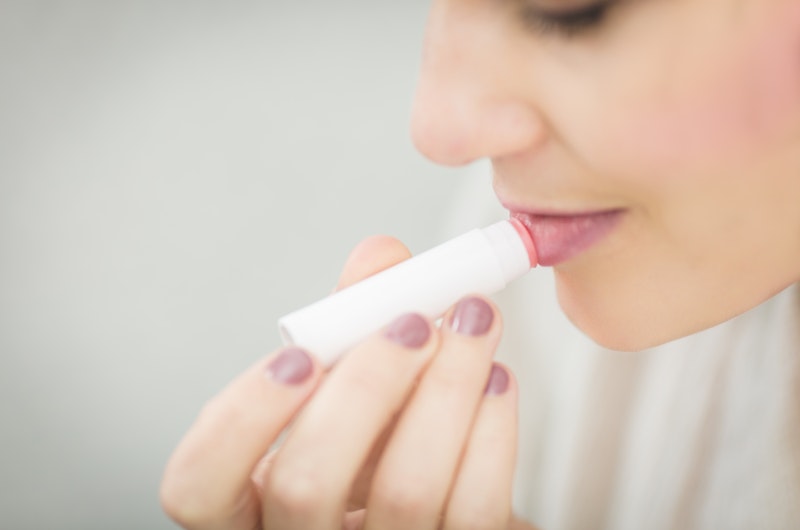Canker sores are small lesions that form on the inside of your mouth or on your gums. Although canker sores are very painful, and may make eating difficult, they are not contagious. Canker sores usually go away within one to two weeks. If, however, the pain becomes unbearable, you have an extremely large canker sore, or they refuse to heal, do not hesitate to consult your physician.

Symptoms of canker sores
Canker sores are round or oval-shaped. They develop inside the mouth — either on or under your tongue. They may also form inside the lips or other places in your mouth, like your gums or the roof of your mouth.
Canker sore causes
The exact cause of canker sores is not fully known, but those who study canker sores and other lesions suspect that there may be multiple contributing factors.
Some of these factors may include:
- Strong toothpastes and mouth washes
- Sensitivity to certain foods
- Minor injuries to the inside of the mouth
- A lack of nutrition, especially the B vitamins
- Emotional stress
- A weakened immune system
Risk factors and treatments
Anyone can get canker sores. Young adults do tend to get them more frequently. They are also more likely to be found in females. Canker sores may be heredity or point to some common factor in the environment, like a particular food or allergen.
There isn’t much you can do about a canker sore once it has appeared in your mouth. Try not to talk and avoid eating as much as possible, but the only real canker sore treatments mean scheduling an appointment with your doctor. If the pain is extreme, the sore becomes enormous in size, the sores fail to heal, or become quickly replaced by other sores, that may be a sign of a more serious problem.
Prevention
-
Monitor your diet. Do not eat foods that may irritate your mouth. These may be spicy or acidic foods, like oranges or grapefruits, nuts, or hot sauce. If you are sensitive or allergic to any food, it may become a cause for canker sores.
-
Eat healthy foods. Canker sores are less likely to occur if your body is getting the nutrition it needs. So, eat plenty of fresh fruits, vegetables, and whole grains.
-
Avoid eating foods that are excessively salty.
-
Practice good oral hygiene. Remembering to brush after meals and flossing once at least once a day can keep your mouth clean Use a soft brush and avoid mouth washes and rinses that may irritate your mouth.
-
If you have braces or other dental devices in your mouth, you may need to inquire about protective coverings, so the metal doesn’t poke the soft tissues of your mouth.
-
Reduce your stress level. Often, canker sores seem to be related to emotionally draining life events. Use calming techniques and learn to keep your mind free of worry.